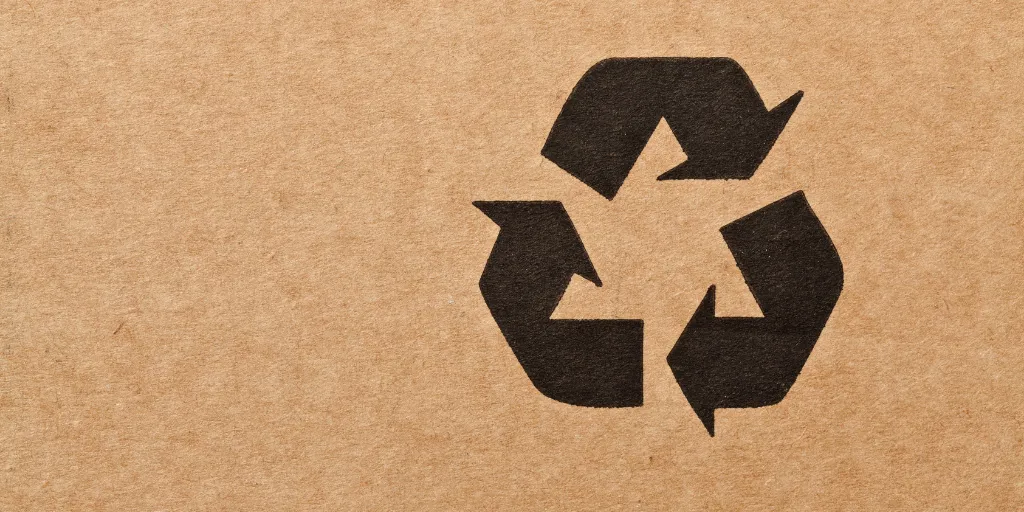As consumers and businesses demonstrate a keenness for greenness, it’s time to get serious about recycling.
Response to the climate emergency continues to inform government policy, influence business practice and affect consumer behaviour around the globe. While there are a number of new green tech innovations that companies can invest in, going back to basics and embracing solutions that are already available should be a key part of corporate sustainability strategy. And so, for any business with their eyes on the ‘net-zero’ prize and hence a need to reduce carbon emissions, recycling needs to be firmly on their environmental agenda.
The notion of recycling is not a new one. Indeed, it’s been around for hundreds of years, though admittedly not becoming mainstream until the 1970s when the likes of bottle banks and glass collection schemes were introduced in the UK. Gradually over time, new legislation has passed, and household and business recycling has become the norm – or at least it should be.
Perhaps not immediately obvious to everyone is the fact that recycling is key to reducing our nation’s impact on the environment and helping in the fight against climate change. And here’s why…
Recycling… saves natural resources
Using recycled materials in the manufacturing process saves on the depletion of natural resources which is particularly key when it comes to finite resources such as fossil fuels, used in the making of plastic, and minerals such as copper and aluminium. Recycling also has a positive impact on renewable resources such as trees, of which four billion a year are used to make virgin paper.
Recycling… saves energy
In most instances, recycling saves energy in the manufacturing process as it is often more efficient to create new goods from recycled materials rather than extracting raw materials and manufacturing them. Take aluminium cans for example – when recycled, they use 95% less energy versus creating them from virgin materials.
Recycling… reduces emissions
Choosing to recycle, rather than throwing items away, reduces emissions from landfill and even incineration. Today, landfill is the main source of greenhouse gases from the waste management industry. As waste decomposes in landfill, it produces greenhouse gases, mainly comprising of methane, which along with carbon dioxide, is extremely toxic to the environment and has a negative impact on climate change.
So with all the proven positive impact that recycling has on climate change, more needs to be done to stimulate the UK’s recycling rates which have plateaued at around 45%. With a target recycling rate of 55% for 2025, there’s work to do, and much of the onus will be on businesses to drive up our nation’s recycling rate.
So, to really make recycling work and have the desired impact on effectively reducing carbon emissions and impacting climate change, we all have to be in it together. And it starts with a few basics.
1. Reduce contamination
Putting the wrong materials in the recycling bin can result in an entire sack being sent to waste rather than recycling. Make sure there is clear signage and that all staff understand not only the importance of recycling correctly, but also how to do it.
2. Use recyclable materials
Where possible use easy to recycle materials and avoid materials that don’t have an easy recycling solution.
3. Use a low impact waste and recycling company
Check that the company that takes care of your waste and recycling is low impact. For example, is it zero to landfill? Does it have electric and ultra-low emissions vehicles? What other green initiatives does it have in place?
Last but not least, go a giant leap further with Zero Waste Recycling. Did you know that you can dramatically reduce your business waste by recycling as much as possible? As well as recycling the everyday materials such as paper, glass, plastic, cardboard and cans, waste such as food, coffee grounds, compostable packaging, coffee cups, batteries, coat hangers, electronics, printer cartridges, stationery, and even bicycle tyres can all be recycled into new materials thanks to First Mile's full range of recycling services.
For any business, no matter its size or sector, that is serious about reducing emissions and having a positive impact on climate change, focusing on recycling is a crucial step.



